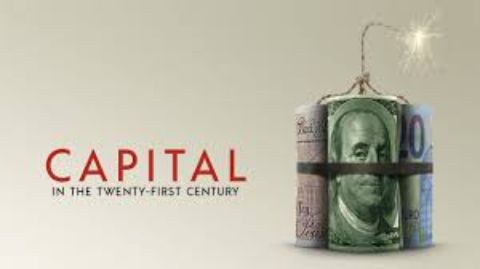The Real Mad Men of Advertising • 2019
The TV series "Mad Men" gave us a glimpse into the world of US advertising. Ch 1. The 1950s Now see how advertisements in the 1950s tantalised Americans with visions of futuristic homes and cars. Ch 2. The 1960s This was the era at the heart of the TV series 'Mad Men' when Madison Avenue tapped into the growing counter-cultural movement, using irreverence and wit, and changed advertising forever. Ch 3. The 1970s A golden age in America's ad world, full of creativity and a love affair with non-conformity. But it was also fraught with new challenges, including a growing mistrust amongst consumers. Ch 4. The 1980s It's the Reagan Era, and American political confidence fuels an era of heavy consumption. The creative geniuses on Madison Avenue find new ways of attracting a booming consumer spend.
Make a donation
Buy a brother a hot coffee? Or a cold beer?
Hope you're finding these documentaries fascinating and eye-opening. It's just me, working hard behind the scenes to bring you this enriching content.
Running and maintaining a website like this takes time and resources. That's why I'm reaching out to you. If you appreciate what I do and would like to support my efforts, would you consider "buying me a coffee"?
Donation addresses
BTC: bc1q8ldskxh4x9qnddhcrgcun8rtvddeldm2a07r2v
ETH: 0x5CCAAA1afc5c5D814129d99277dDb5A979672116
With your donation through , you can show your appreciation and help me keep this project going. Every contribution, no matter how small, makes a significant impact. It goes directly towards covering server costs.





